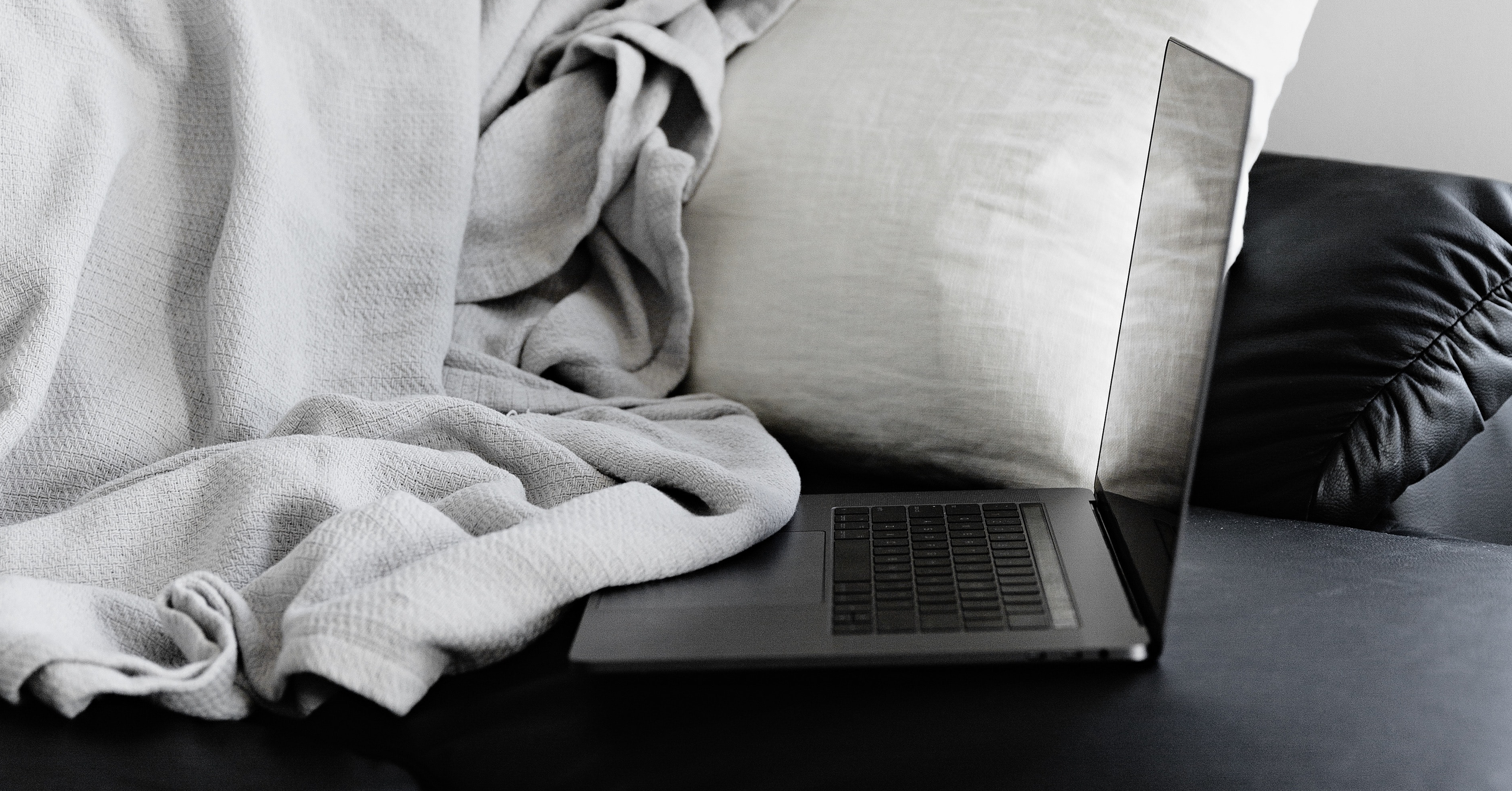Pre-pandemic you may have had a good thing going when it comes to your health, but between lockdowns, the news and all the uncertainty we’ve experienced the last 2 years, regular exercise, healthy eating and early bedtimes may have fallen to the bottom of your priority list. The good thing is there’s some teaching lessons that came from the pandemic. Here are some of the lessons we learned and how we can break free of the bad ones.
Sleep is an underrated stress management and recovery tool
Prior to 2020, sleep hygiene was a popular strategy for fat loss and performance, but in the last couple of years, we’ve seen growing evidence that make sleep a necessity for our mental health. Poor sleep has been shown to affect how we respond to stress to how our immune system functions. Unfortunately, less sunlight, higher cortisol mixed with more screen time has led to a decrease in quality sleep for many of us.
Having issues with sleep? First try assessing things that disrupt sleep. Even if you are getting to bed earlier, studies have shown that disrupted sleep can contribute to depression and mood even more than delayed bedtime. Of course, deep sleep and an earlier bedtime together are ideal, but keeping things realistic and attainable can be a good first step in getting things back on track. If you’re having problems with getting quality sleep, try building up these small habits:
- Supplement with EasyMag Magnesium at night
- Switch to herbal teas in place of caffeinated teas and coffees
- Expose yourself to natural sunlight first thing in the morning
- Reduce blue light exposure in the late evening
- Use meditation to help manage stress
Fitness and exercise can happen anywhere
For many of us, gyms were closed. Anyone who didn’t know how to motivate themselves outside of fitness classes and gym environments found it hard to stay motivated. To add to this, physical health suddenly became less of a priority with job security, school closures and toilet paper shortages on our minds.
Fortunately, restrictions lead to some creative ways to incorporate physical activity and that’s something to take away. The big lesson here is that fitness can be done anywhere, in any environment.
If you’re feeling unmotivated to be physically active or that your new routine (work from home) has caused you to move less, then try implementing these habit changes to get you going again:
- Microdose your physical activity by getting up every hour to perform 5 air squats or 10 kettlebell swings. 10-minute walks are a great way of accumulating physical activity throughout the day. It’s a small commitment and allows your body to accumulate more physical steps without the mental commitment of a hard long workout. Try 5 squats every hour or three 10-minute walks outside.
- Keep equipment minimal. The options you have with tools like yoga mats, resistance bands or a skipping rope are endless.
Nutrition and food habits
When it comes to food, nothing has trended more than baked bread and meal delivery apps. If you’ve found yourself struggling with nutrition since the start of the pandemic, then consider these habit changes:
- Focus on food quality over everything. No need to weigh food or track it. Just start with eating more whole foods. By doing so, you’ll be making a change to your health without sweating the details. Whole foods usually mean less calories and more nutrients.
- Assess the number of liquid calories you consume. That means cutting back on your alcohol and sugary drinks. From a hormonal and caloric standpoint, alcohol can be sabotaging to your health goals.
Take a break from social media
Spending countless hours mindlessly scrolling through social media was a problem even before the pandemic. The habits are simple, but hard to execute. Start slow and work your way towards the habits below:
- Cut down screen time by setting a time for yourself to freely scroll social media. Implement some qualifiers before you open social media. That might be saying you need to do 25 squats before you open social media. The last and most reasonable habit to implement is to be present. Go outside, spend time in nature, call a friend or family member. Do something that forces you to live outside your phone.
In life, learning never stops. From a health and wellness perspective the pandemic taught us that consistency is better than perfection. Try these habit changers to help you get back on track.
Sleep: https://www.ncbi.nlm.nih.gov/pmc/articles/PMC5449130/#b56-nss-9-151







